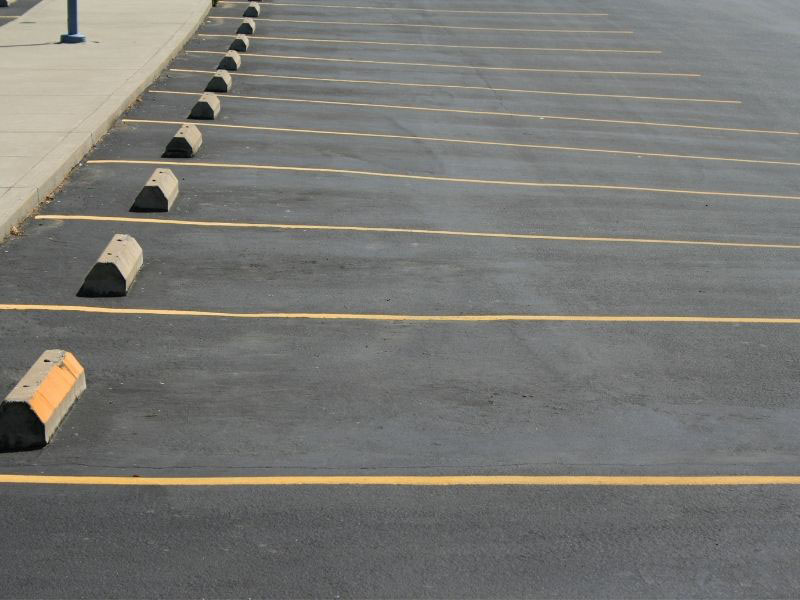I own a 4,000-square-foot laundromat that does a good business. However, I’ve noticed that on Saturdays and Sundays we often turn business away because we simply don’t have enough parking availability on those busy weekends. The building next to us is for sale. Do you think we should buy it, in part, for the additional parking space it would provide?
Clearly, a lot goes into a decision to purchase a property. However, let me stress that Friday, Saturday and Sunday are the “bread-and-butter days” of the laundromat business. If your weekend customers can’t find places to park, they will drive to a nearby laundromat that offers more parking than you do.
After all, laundry customers typically are carrying 30 to 40 pounds of laundry or more, so you have to make accessing and patronizing your store as convenient as possible. Parking is the most overlooked feature of a self-service laundry business – but, in reality, it’s second in importance only to a laundromat’s location. You can always rearrange the equipment and the interior of your store to make it more inviting to customers, but most of the time you can’t rearrange or enlarge your parking situation. And, if customers can’t park easily, most of them will just keep driving right past your store.
I think I’ve found a good location for a laundromat. The demographics are excellent, with a lot of apartment buildings. Is there anything I should research before I commit to buying the building?
Before you buy, I would investigate the apartment complexes in the neighborhood. Check out the quality of laundry facilities at these apartment building, and also find out what they charge tenants to wash and dry. This way, you’ll at least have an idea as to whether or not the service you plan to offer and the vend prices you need to charge at your new laundromat are going to be competitive.
After all, route operators who service apartment laundry facilities don’t have attendants to pay, nor do they pay utility costs. Therefore, many of them charge very low prices. Unfortunately, in such cases, the laundromat owners often end up receiving the occasional comforter, blanket or sleeping bag to wash – but not the general, day-to-day laundry business from those nearby renters.
I own a small self-service laundry, and I’ve recently been considering adding to drop-off wash-dry-fold service to my business. What are your thoughts?
Wash-dry-fold services can be extremely profitable. For example, if your 50-pound washers are priced at $6.00, a self-service customer likely will spend between $7.00 to $7.25 to wash and dry a 50-pound load of laundry at your store. On the other hand, if you were to convert that same customer to your new wash-dry-fold service – and you’ve set your wash-dry-fold price to even a modest $1.00 per pound, for example – he or she would spend $50 on the same amount of laundry.
Of course, your level of success will depend partially on the specific demographics of your marketplace – and whether or not a decent percentage of your customer base has an interest in and a need for this type of service.
Also, you will need to factor in additional costs for (at the very least) labor; detergents, stain removers and other cleaning chemicals; a quality POS system; and items such as hangers and bags to finish your processed orders. Moreover, training your attendants to handle these orders professionally and consistently – from drop off through pick up – will require quite a bit of added time, especially as you begin to get your new venture off of the ground.
However, if you invest ample time, money and effort – and if you’re in the right market for such a service – wash-dry-fold can be a great addition to your laundry operation.












